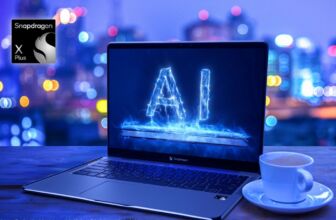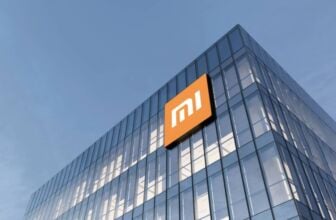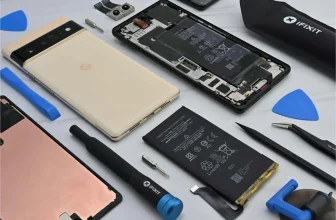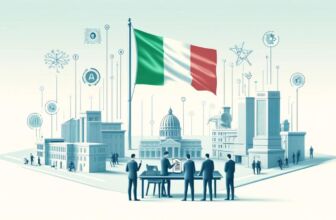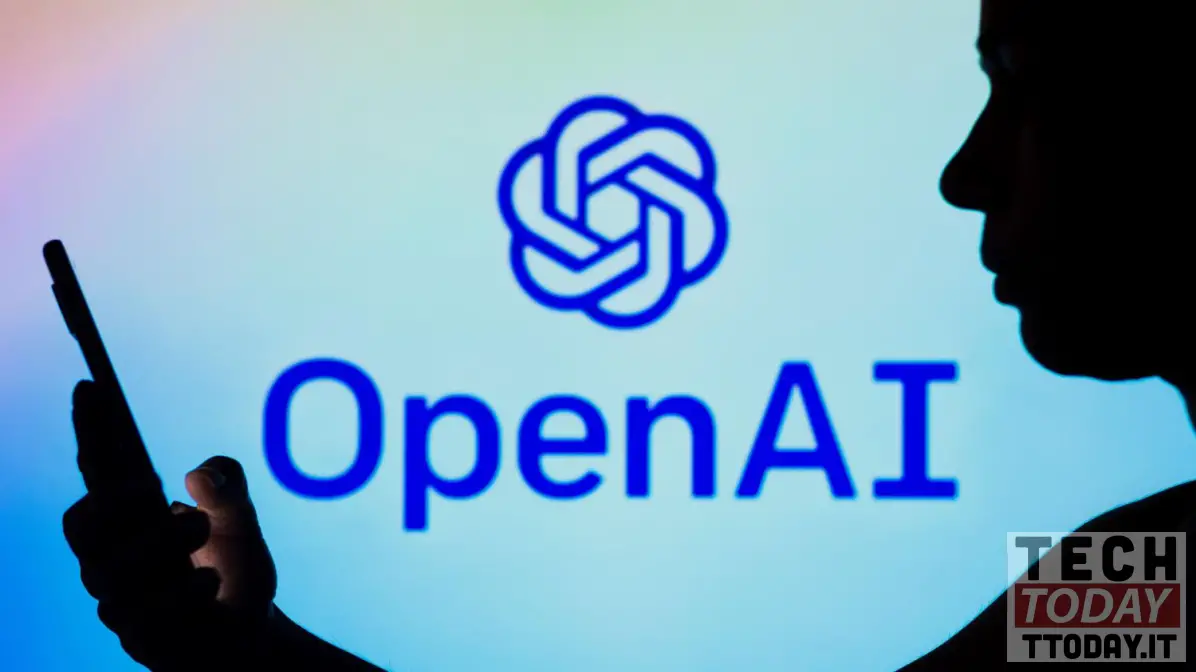
As technology progresses, so do real professions. There has been a significant breakthrough in the field of neural networks and machine learning in recent years. Tools like Chat GPT and DALL-E are already astonishing in their capabilities and are being used in a variety of areas. TNW interviewed AI professionals to find out what impact language and generative models will have on work in the future.
AI scares us because it might change or steal our work. But will it really be like this?
ChatGPT and similar chatbots, but artificial intelligence in general, make information more accessible and also help to explore new ideas. Their texts are often formulated logically and take only minutes to generate. It is therefore possible to create an essay, a curriculum, an advertising slogan or even a code in the programming language that we prefer. But is the result as excellent as that achieved by human work?
For the best result, the creativity of a person to write understandable and clear instructions for the AI will also be required. However, according to Lynn Parker, a researcher at the University of Tennessee, relying too much on virtual assistants can, in the long run, hasten the loss of an important skill: the ability to write texts that are consistent with one's thoughts. Therefore, it is necessary to introduce rules for the use of neural networks in educational institutions so that they do not reduce the effectiveness of training, but increase it.
There's also the problem of plagiarism, which artificial intelligence basically doesn't care about
Experts are also concerned about the problem of using copyrighted content as training materials for AI. This is more true for tools that generate images, but we don't also exclude quotes or pieces of text taken and "thrown" into an essay/article. As it turned out in studies, artificial intelligence applied to ChatGPT is able to create plagiarism of other people's work. Can your creations be considered original or only inspired by existing works? There is still controversy on this matter.

The mistakes: AI is not infallible (yet)
A more serious problem is artificial intelligence errors. University of Colorado Computer Science professor Daniel Akuna gives this example with ChatGPT: in the case of text there are errors of meaning and the code is often inefficient or doesn't work at all. So the neural network product requires critical analysis and modification. In another case, the Meta company shut down the Galactica chatbot project for creating scientific texts. It turned out that the artificial intelligence came up with false facts that seemed convincing. Algorithms are also skewed. This is hard to avoid, because they learn from data that isn't always objective. The creators of ChatGPT have developed restrictive mechanisms that prevent the neural network from talking about sensitive topics. But they are often bypassed by users.
However, there are options for eliminating these difficulties, experts are sure. Over time, language models will learn to verify the accuracy of the information itself, by comparing it to the knowledge base and running the text through advanced plagiarism detection tools. However, it is still recommended to critically evaluate the information provided.
So, will AI steal our jobs?
Apparently not, at least not at the moment. If in some sectors human skills remain in demand, in others it will sometimes be better to entrust the task to artificial intelligence. For example, illustrating books - just find the correct query and tags. And the average reader won't notice the difference. But here the situation is more complicated than it seems: how much can an artificial intelligence restore warmth and empathy?
In professions related to writing simple, standard texts, bots like ChatGPT can help. But here, too, a person is needed to formulate a competent request, as well as further changes. It is important to keep in mind that AI is unable to understand what is read and distinguish between false and true information. Therefore, the quality of the result varies and manual refinement is essential.
What is certain is that there will also be new professions. For example, technical specialists configuring language models for highly specialized scenarios. The researchers, in essence, conclude by saying that the integration of artificial intelligence assistants into our operations will bring exciting opportunities that will change the way people interact with the world. But they will not replace the workers.



